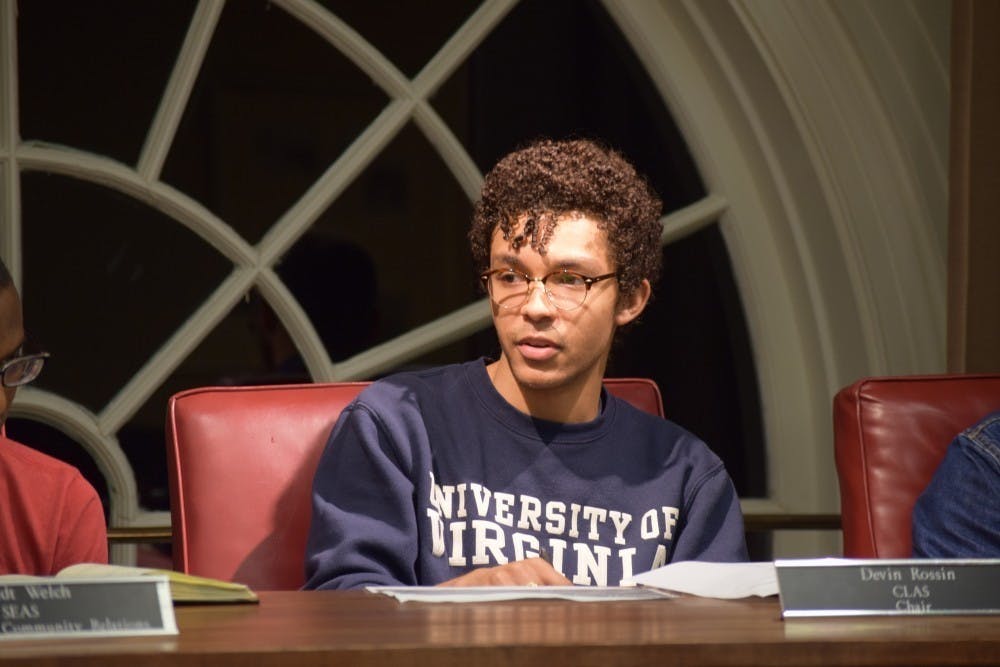During its meeting Sunday night, the University Honor Committee discussed a plan to begin automatically aggregating self-reported demographic data for students involved in Honor processes — including ethnicity, gender identity and athletic status.
Devin Rossin, a fourth-year College student and Honor Committee chair, introduced the plan, stating that collecting demographic data will help the Committee track of trends in the system over time.
Rossin said the plan is still in the beginning stages and logistics have not been detailed, but the purpose of the data collection is to cultivate further clarity, fairness and transparency within the Honor system.
“[We’re] figuring out the discrepancies — we’re doing that right now,” Rossin said in an interview. “But the purpose behind it is kind of two-fold … one, an issue of transparency and two is trying to make sure the system is as fair and [equitable] as possible.”
Demographic data will only be collected from students who are reported to Honor by members of the University community, Rossin said. These situations include students who take informed retractions, students whose Honor cases are picked up or dropped by the Investigative Panel and students whose cases are found not guilty or guilty.
The IR process allows a student who has been reported to the committee for an Honor violation to admit their offense and serve a two-semester leave of absence from the University. This is different from the process for conscientious retractions — where a student admits to an Honor violation before being reported — which does not necessarily bring the involved student through the full Honor process.
CRs are not tracked through the online processing system the committee uses, Rossin said. The Committee will therefore not collect data from CRs since keeping record of that demographic data would be challenging.
“As of now, we will not be taking the demographics of students who take CRs, rather, anyone who is reported to Honor,” Rossin said. “We were primarily focused on keeping track of how fairly our system operates and honing in on what demographics are over-reported so we can best curtail that. Therefore, CRs were not a major part of that concern.”
Rossin said he believes the new data collecting system is important to the operation of the Committee and the Honor system and will help the Committee to remain accountable in future years.
“I think it’s going to be really important in the future and a pretty big accountability measure for us,” Rossin said.
The Committee additionally discussed upcoming student elections. All Committee positions are up for election, and current members are permitted to run for another term. The Committee said it is working with the University Judiciary Committee to set up polling booths around South Lawn during the three-day voting period in order to increase voter turnout.
Candidate registration for the elections runs from Jan. 29 to Feb. 2. Campaigning is set to begin Feb. 16 and the voting period will begin Feb. 21.







